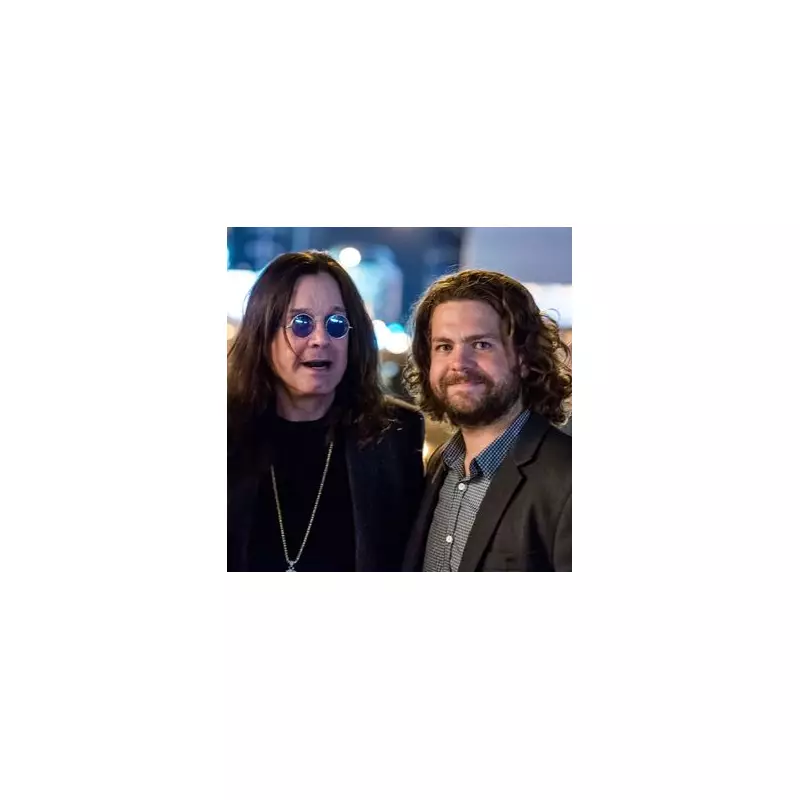
In a revelation that seems ripped from the pages of a science fiction novel, Jack Osbourne has come forward with a breathtaking account of a close encounter that has left him and his companions questioning everything they know about reality.
The television personality and son of rock legend Ozzy Osbourne described the incident, which occurred during a late-night drive through the English countryside, as utterly terrifying and completely inexplicable. What began as a normal journey soon descended into a scene of otherworldly confusion.
The Night Everything Changed
"We all saw it," Osbourne stated emphatically, recalling the moment a bizarre, silent craft unlike any known aircraft descended towards their vehicle. The object, which he described as possessing an eerie, non-terrestrial quality, seemed to interact with their car in ways that defy conventional understanding.
Perhaps most disturbing of all was the subsequent discovery that an unaccountable period of time—approximately ninety minutes—had vanished from their memories. This phenomenon, commonly referred to as 'missing time' in paranormal circles, has become a cornerstone of alleged alien abduction accounts worldwide.
A Chilling Realisation
The true 'strange twist' that elevates this story from mere sighting to potential encounter emerged later. Osbourne revealed that upon investigating the area where the event occurred, they made a deeply unsettling discovery that connected directly to the craft they witnessed.
While remaining deliberately cryptic about the exact nature of this evidence, Osbourne's conviction is clear: "It wasn't human technology." His account joins a growing number of high-profile UFO testimonies that are gradually moving the topic from fringe speculation to serious discussion.
This extraordinary testimony from a well-known public figure adds significant weight to calls for greater transparency regarding unexplained aerial phenomena. Osbourne's experience suggests that whatever is operating in our skies possesses capabilities far beyond current human technology—and that these encounters might be more common than we dare imagine.





